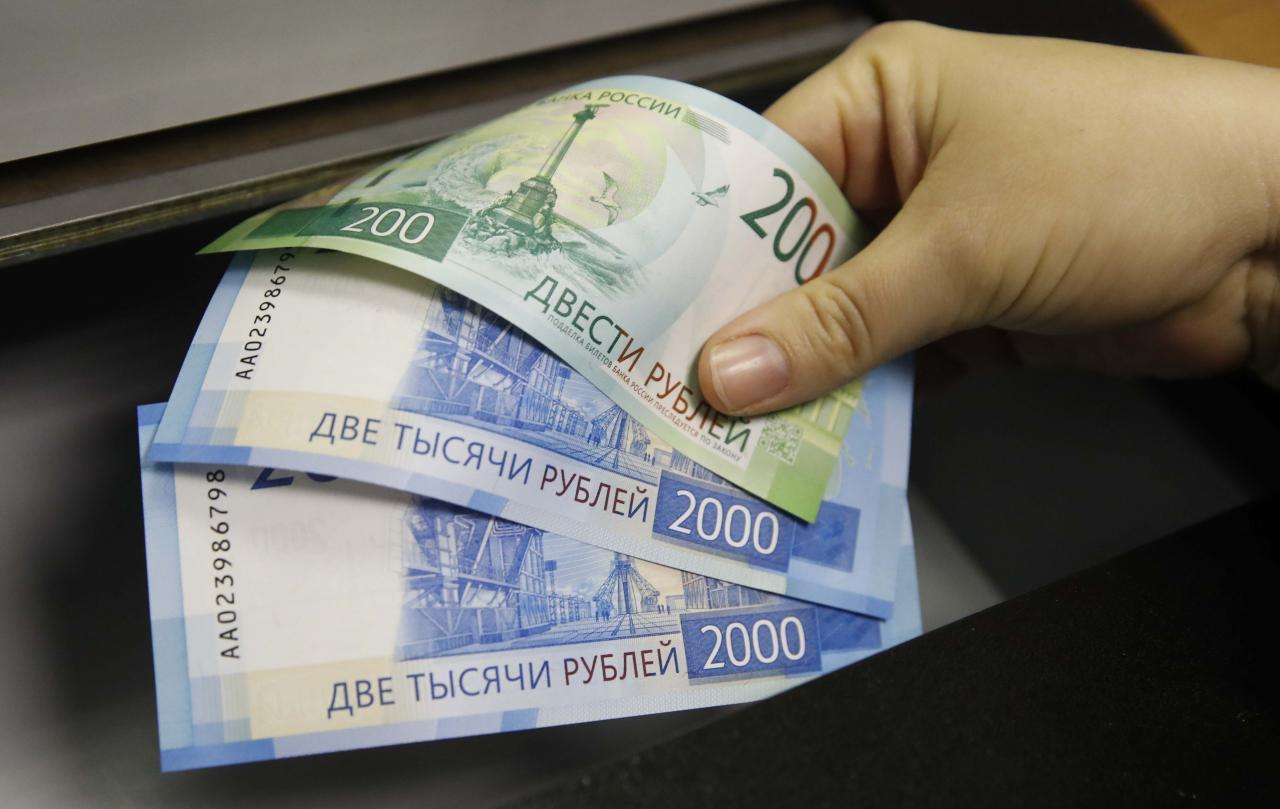Russian tycoons, fearing new sanctions, float new bond idea
MOSCOW – Reuters

Wealthy Russians facing the prospect of targeted U.S. sanctions next year have floated the idea of a special treasury bond to facilitate favorable terms for bringing their cash home, three sources familiar with the scheme said.
The bond, denominated in foreign exchange, would be offered at a higher yield than bank rates and be more liquid than Eurobonds, the sources said. Crucially, unlike with bank accounts, holders would be able to remain anonymous.
“There is information that a number of people want to bring their foreign cash assets back here,” said an executive from a major Russian state company, who like others spoke on condition of anonymity because of the sensitivity of the topic.
“The idea they came up with is that you open some sort of account, with that you buy special bonds which the finance ministry will issue.”
There was no indication that the Russian government was seriously considering such a move, and the finance ministry declined to comment. Two sources close to the ministry said they did not look favorably on the idea.
A senior executive in a Russian state bank said it would accelerate a move that has already started.
The banker said wealthy people in President Vladimir Putin’s inner circle were putting modest amounts of foreign currency into Russian bank deposits.
“But the interest rates on foreign currency deposits are low, whereas investing in finance ministry forex instruments can secure them good returns,” he said. “They can make money on that.”
A source in the Russian financial markets said he had also heard from wealth managers about new cash flows from abroad.
“They are moving their money to Russia,” he said.
Special forex bonds have been issued in the past and even have a nickname, “Vebovki”, after state development bank VEB which issued them, according to a person with close ties to the Kremlin and to leading oligarchs.
“Now the sanctions could be an additional argument,” for issuing such an instrument, he said.
He added that they would provide an alternative vehicle for the state to raise debt in case expanded U.S. sanctions bar foreign investors from buying Russian sovereign debt.
Putin has been trying to persuade wealthy Russians to bring their money back to Russia, pointing out that many ordinary Russians view the business community as “unpatriotic” because of their assets offshore.
A 2014 “de-offshorization” law had limited success and for some tycoons even had a deleterious effect by encouraging them to become non-residents.
But that was before the U.S. Congress passed sanctions this year over Russia’s annexation of Crimea that include a list of individuals with close links to Putin expected to be submitted at the end of January.
The list will not automatically lead to people on it being hit by personal sanctions, which could include freezing foreign assets and bans on travel or access to foreign bank accounts, but many Russian businesspeople have said they believe it will.
















